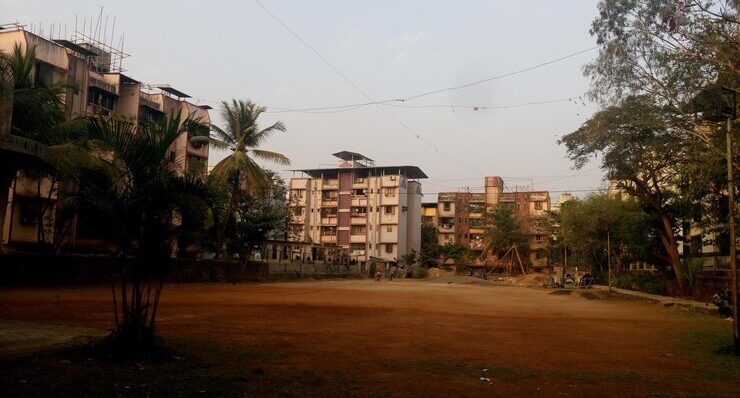Modernizing Maharashtra’s Housing Societies: A Step Toward Better Living
Maharashtra, home to bustling urban centers like Mumbai and Pune, is witnessing a significant push to overhaul the by-laws governing its housing societies. These cooperative housing societies, which form the backbone of urban residential living in the state, are often managed under outdated regulations that struggle to address modern challenges. Recent proposals aim to modernize these by-laws, promising to streamline operations, enhance transparency, and improve the quality of life for millions of residents. This move, driven by the state government and resident associations, reflects a broader effort to adapt to evolving urban needs.
The Maharashtra Cooperative Societies Act, 1960, has long served as the framework for managing housing societies. However, with rapid urbanization, rising populations, and technological advancements, many of its provisions are now seen as inadequate. For instance, issues like dispute resolution, maintenance fund management, and digital governance have become increasingly complex. Recent reports highlight that nearly 60% of housing societies in Mumbai face disputes over mismanagement or lack of clarity in rules, often leading to lengthy legal battles. The proposed reforms aim to address these pain points by introducing clearer guidelines and leveraging technology.
One key focus of the modernization effort is transparency in financial operations. Housing societies often manage significant funds for maintenance, repairs, and amenities, but allegations of mismanagement are common. The proposed by-law amendments include mandatory digital audits and real-time financial reporting to society members. Experts suggest this could reduce disputes by ensuring residents have access to clear, up-to-date financial records. For example, societies could adopt mobile apps or online portals, a practice already gaining traction in cities like Bengaluru, to share budgets and expenditure details. This aligns with the state’s broader push for digital transformation in governance.
Another critical area is sustainability. With Maharashtra facing environmental challenges like water scarcity and waste management issues, the new by-laws encourage societies to adopt eco-friendly practices. Proposals include mandatory rainwater harvesting, solar panel installation, and stricter waste segregation rules. Official statements from the Maharashtra Housing Department indicate that societies adopting these measures could receive incentives, such as reduced property taxes or subsidies for green infrastructure. These changes not only address environmental concerns but also lower long-term costs for residents, making them a win-win.
Resident participation is also a cornerstone of the reforms. Current by-laws often limit decision-making to managing committees, leaving many residents feeling excluded. The proposed changes aim to make societies more democratic by mandating regular general body meetings and allowing online voting for key decisions. This is particularly significant for younger residents and working professionals who may struggle to attend in-person meetings. By fostering inclusivity, the reforms hope to reduce conflicts and ensure that diverse voices are heard in society governance.
However, the road to modernization is not without challenges. Resistance from older societies, accustomed to traditional methods, is a hurdle. Some managing committees worry that stricter regulations could increase administrative burdens. Additionally, implementing digital tools requires investment and training, which smaller societies may find daunting. Recent discussions on platforms like X suggest mixed sentiments, with some residents welcoming the changes while others express concerns about costs and enforcement. The state has promised support, including workshops and subsidies, to ease the transition.
The modernization of housing society by-laws in Maharashtra is a timely step toward addressing the complexities of urban living. By focusing on transparency, sustainability, and inclusivity, these reforms aim to create more harmonious and efficient communities. As the state finalizes these proposals, expected to roll out in phases by mid-2026, residents and managing committees alike must prepare to embrace change. If implemented effectively, these updated by-laws could set a model for other states, proving that cooperative living can evolve to meet the demands of a rapidly changing world.


